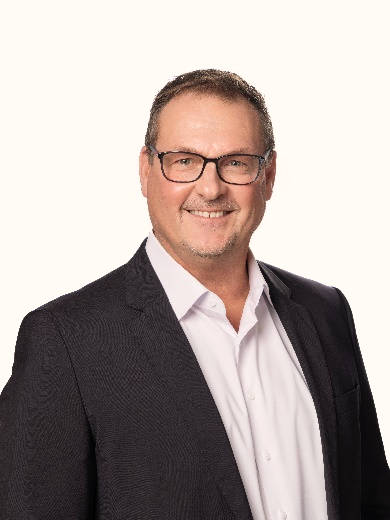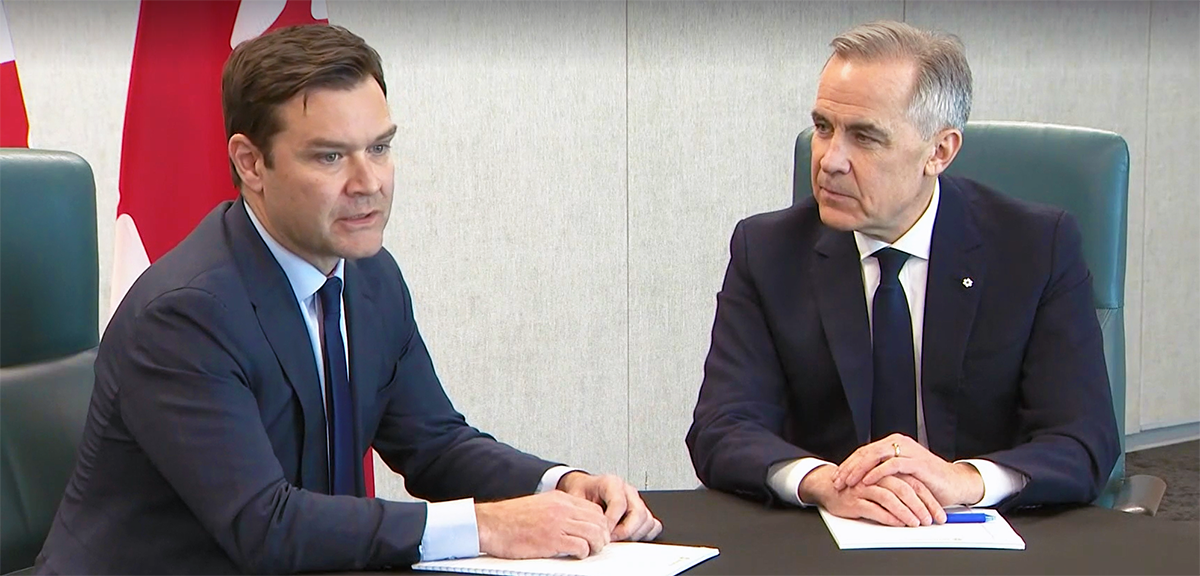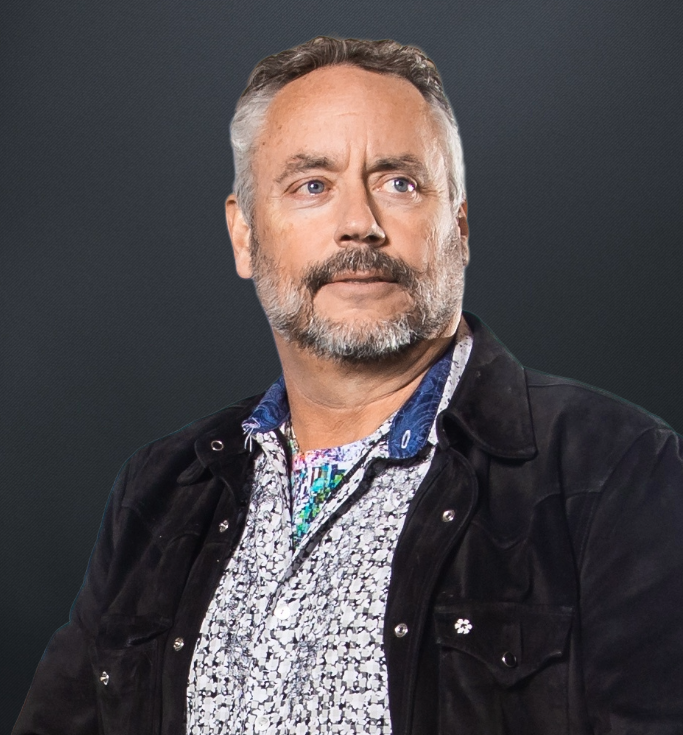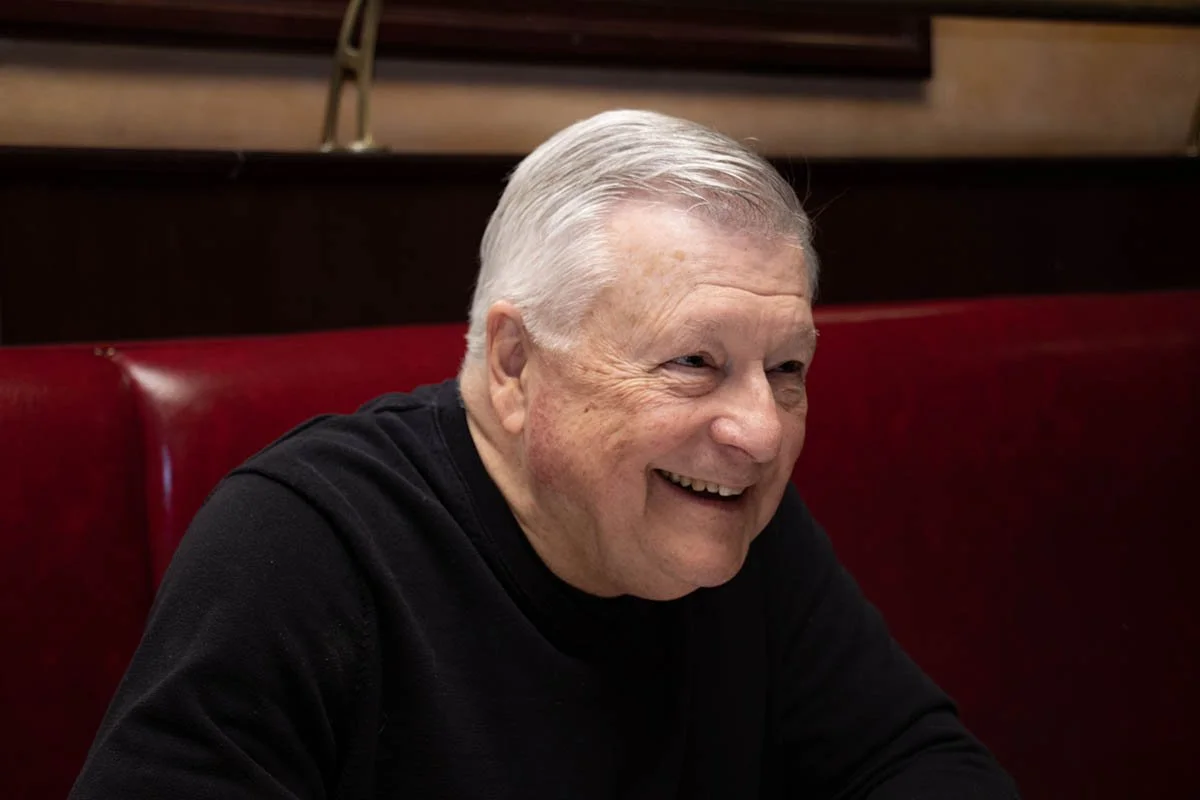‘We're going to build this country’: Finance Minister Champagne
Finance Minsiter François-Philippe Champagne pictured following a cabinet meeting on May 14. / CPAC SCREENSHOT
In the polished corridors of Ottawa, François-Philippe Champagne has charted an extraordinary path. In just over six years, he has held five major cabinet positions, culminating in his current role as Canada's Minister of Finance under Prime Minister Mark Carney. Known for his boundless energy and unwavering optimism, Champagne now faces the formidable task of navigating Canada's economy through turbulent times.
Born in Greenfield Park, Que., and raised in Shawinigan, Champagne built a successful career in international business and law before entering politics. He held senior positions at multinational corporations like ABB Group and Amec Foster Wheeler. His global perspective and business acumen laid the foundation for his political ascent.
Elected as the Member of Parliament for Saint-Maurice—Champlain in 2015, Champagne quickly became a trusted figure within the Liberal Party. His cabinet appointments have spanned international trade, infrastructure, foreign affairs, innovation, and now finance. Each role showcased his adaptability and commitment to public service.
Champagne's appointment as Finance Minister comes at a critical juncture. With the global economy facing uncertainty and domestic challenges mounting, he has pledged a new era of fiscal discipline.
“It’s a new era of fiscal responsibility. This is a completely new era in Canada,” Champagne said in an interview with CTV's Question Period in March when he was first appointed to the Finance post in PM Mark Carney’s first cabinet. “We have been clear. We’re going to spend less. We’re going to invest more. We’re going to build Canada tomorrow.”.
Maintaining his position in Tuesday’s swearing-in ceremony, there’s not much that is expected to change under this new mandate.
As Parliament resumes, the federal government is pledging swift and bold action to support Canadians, with a major focus on middle-class tax relief and economic resilience. In a message aimed at reassuring the public amid ongoing global and domestic challenges, Champagne confirmed plans for a middle-class tax cut expected to benefit 22 million Canadians.
"We want to send a message that yes, there's a lot of things going on but we'll be there for them," he said following a cabinet meeting Wednesday, underscoring the government’s focus on helping families manage rising costs and economic uncertainty.
The tax cut, a key commitment from the recent Liberal election campaign, will be introduced through a Ways and Means motion and highlighted in the upcoming Throne Speech. The government has also confirmed that a Fall Economic Statement will follow to provide further details on spending and fiscal priorities. No budget is expected for 2025.
“Canadians sent a clear message that they want this Parliament to work for them,” Champagne said in response to a question about how the government will pass the tax cut in a minority parliament.
Acknowledging the urgency of the economic challenges facing the country, the government framed its approach as one driven by the voices of Canadians. “We are in a dire situation,” Champagne said. “We’ve been talking to Canadians during the campaign — they told us they want us to do bold things and they want us to do them quickly. They want us to do things for them.”
In addition to tax relief, the government plans to advance initiatives in national defence, infrastructure, housing, and industrial protection in response to international pressures, including U.S. tariffs.
“We need to fight for Canadians. We're going to be there to protect Canadians, industry with respect to U.S. tariffs, and we're going to protect workers and industry. We're going to build this country,” Champagne said.
Carney has pledged to balance the federal government’s operating budget in three years while maintaining a “small deficit” for long-term capital investments. Champagne echoed that commitment, though stopped short of providing details.
“We’re going to be very transparent with Canadians,” he told CTV in March. “But the message today is that this is a kind of a reset, in a way. It’s an era of fiscal responsibility where we’re going to invest in ourselves.”
Pressed by host Vassy Kapelos on exactly where cuts will fall, Champagne replied, “We’re going to do things differently,” later adding, “We’re going to say there’s a difference between spending and investment.”
And while he avoided directly confirming whether the Carney government will cut the size of the public service, Champagne emphasized: “I’m going to be like a hawk in the spending to make sure that whatever we have to do, we have to do to protect the country.”
Champagne’s appointment to finance comes after a high-profile run as Minister of Innovation, Science and Industry — a portfolio in which he turned heads both at home and abroad.
As Politico reported in 2023, Champagne pitched Canada as a rare oasis of economic stability at the Paris Air Show. “When everything is high risk, you go to Canada and it’s very stable and predictable. It’s very attractive,” Champagne told Politico, describing his efforts to court global investment amid rising geopolitical uncertainty.
He credits this approach for securing Volkswagen’s $7 billion EV battery plant in Ontario, beating out the U.S. for the German automaker’s first gigafactory outside Europe. “None of that happens by magic,” he said. Ottawa later revealed it had pledged over $13 billion in subsidies. Champagne brushed off the backlash: “Five years of subsidies is not very relevant when [VW has] pledged to be in Canada for 100.”
“This is us winning in the big leagues,” he added. “We’re competing with the world. We can do big things.”
Champagne also convinced Moderna to build its first mRNA facility outside the U.S. in Montreal and finalized a $2.8 billion EV deal with Stellantis. His determination earned him a reputation. “He doesn’t let go,” said Ericsson CEO Börje Ekholm. Champagne, according to Politico, is known for skipping business cards in favour of writing his number directly into executives’ notebooks.
Though sometimes criticized for what insiders call an over-the-top style, Champagne’s record is hard to ignore. Delaware Senator Chris Coons once called him the “minister of creativity, innovation and enthusiasm,” adding, “he’s willing to help convey messages in places where maybe we aren’t hearing each other as well.”
He also hasn’t been shy about sharing a vision for the Liberal Party — and for Canada.
“The Liberal party has always been the party of the centre,” Champagne said. “In the world where you see more and more polarization, even coming a bit from the United States, I think Canadians are squarely in the centre.”
His background — from Shawinigan, Quebec, to a private-sector legal career in Europe, to the management boards of multinational firms — has shaped both his worldview and his governing style. “There’s a time where you need to consult but there’s also a time where you need to decide,” he told Politico. “Our job — to govern — is to choose.”
His ultimate goal? “To build the economy for resiliency to have a strong economy.”
Champagne's ascent to the role of Finance Minister is a testament to his versatility, dedication, and unyielding optimism. As he steers Canada's fiscal policy through uncertain waters, his ability to balance fiscal responsibility with strategic investment will be closely watched. With a track record of building bridges, both literally and figuratively, Champagne's leadership promises a thoughtful and dynamic approach to Canada's economic future.






